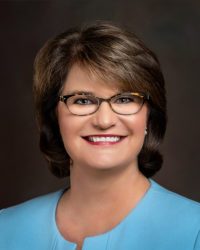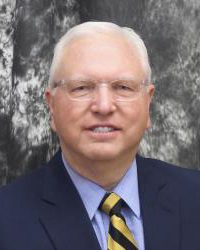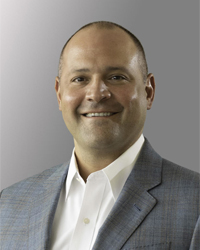By Reneé Earls, Bobby Burns and A.J. Rodriguez
Texas was made great by a spirit of independence and innovation. While we continue to build on this foundation, our ability to collaborate—locally, regionally and statewide—will ultimately power us through some of the state’s most pressing issues.
Odessa and Midland are uniquely positioned to lead the state in this style of collaboration. By bolstering our regional alliances, we can tackle Texas’ greatest challenges and ensure the Permian Basin continues to thrive.
From the 30,000-foot view, this shouldn’t be difficult. Odessa-Midland is an economic driver for the state. One of the largest energy hubs in the world, the area generates billions of dollars in gross domestic product, supports more than half a million jobs and continually leads the nation toward energy independence.
Even with that success, this region and our state face challenges that have been heightened by the pandemic—such as strengthening our education system, readying the workforce and expanding broadband access.
These issues were top of mind for our Odessa and Midland Chambers of Commerce when Texas 2036, along with board member Tracee Bentley, president and CEO of the Permian Strategic Partnership, hosted a luncheon for business and community leaders in late spring.
The big takeaway: sharing ideas and joining forces better equips us to keep up with an evolving business landscape that’s still recovering from the pandemic.
And this starts with education. Too many schools across the state are failing to meet the needs of our students. For starters, only half of students are performing at grade level in reading and only one-third earn post-secondary credentials—something more than a high school diploma.
However, we’re making strides. Both Ector County ISD and Midland ISD recently earned their best Texas Education Agency school performance ratings—also known as the A–F ratings—since the system began in 2017.
Collectively, we would also be stronger if school and business connections deepened across city limits with a unified goal of keeping more of our talent pool in the region.
The backbone to keeping our education and workforce pipeline moving in the Permian Basin and across Texas is broadband. But one in four Texans don’t have access to reliable, high-speed internet at home, including 10% without any internet access at all.
Working together, Ector County ISD and the Permian Strategic Partnership have developed a potential model to overcome this by teaming up with SpaceX to provide free internet service to local families, already reaching about 150 and counting.
These are the types of partnerships Texas 2036—a non-profit dedicated to solving Texas’ big challenges—has been exposed to as part of a 10-region, statewide Road Show. The tour fostered dialogue about the issues that matter most to local communities and how we can work together to support those causes at the Capitol.
Throughout the Road Show, we’ve seen a consistent theme emerge—a renewed enthusiastic spirit toward collaboration, from the RGV Partnership in the Rio Grande Valley to the Borderplex Alliance in El Paso and greater: SATX in San Antonio.
Odessa and Midland have been fostering regional collaborations for years, from the “Two Cities, No Limits” campaign last decade to the current efforts of the Permian Strategic Partnership working with our local chambers. It’s time to reinvigorate and recommit to this cause.
It’s a lesson for all of Texas: The more we collaborate to solve our biggest issues, the better we can stake our historic claim as the state of independence and innovation that put us on the map in the first place.
Reneé Earls is the president and CEO of Odessa Chamber of Commerce; Bobby Burns is the president and CEO of Midland Chamber of Commerce; and A.J. Rodriguez is the executive vice president of Texas 2036.






